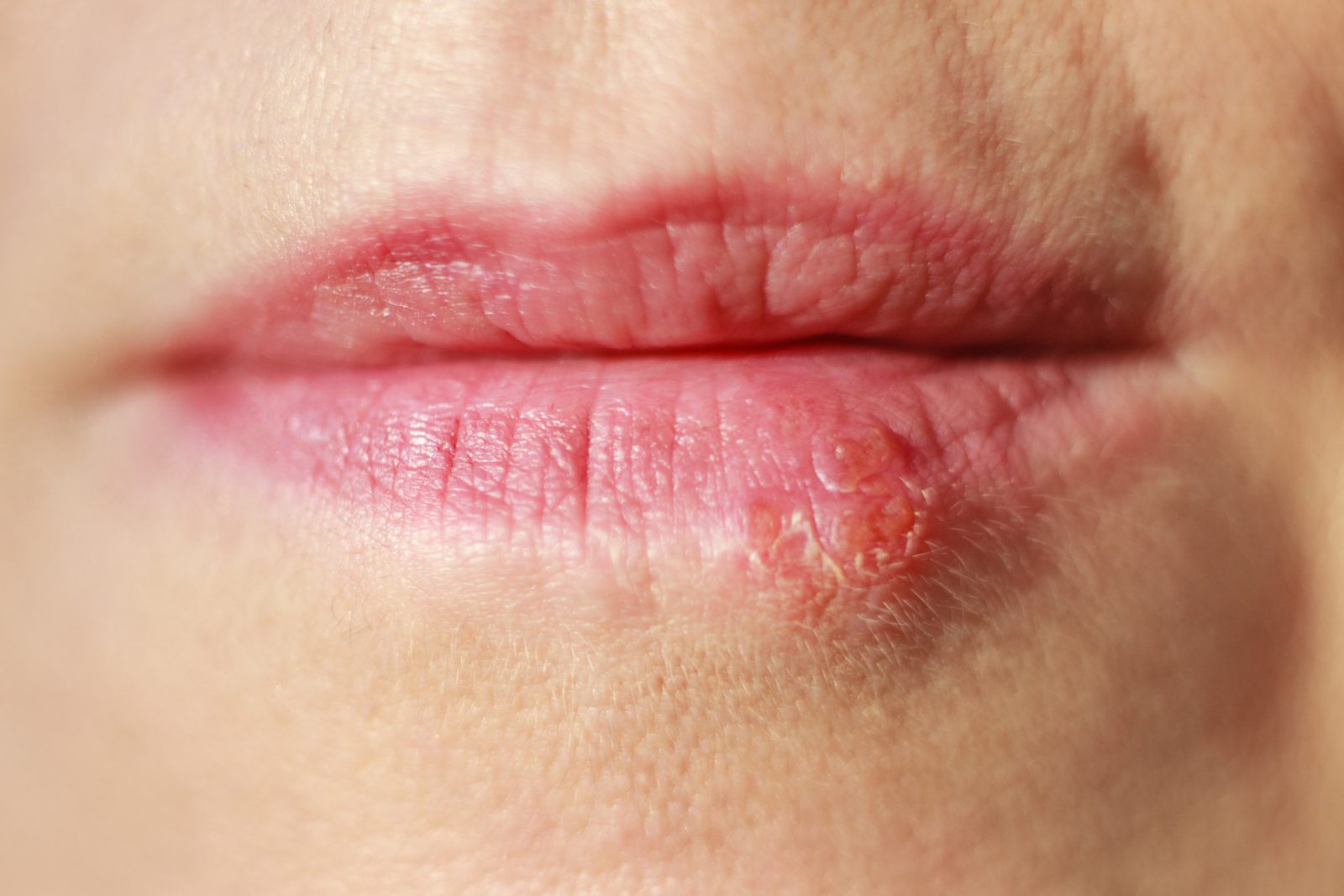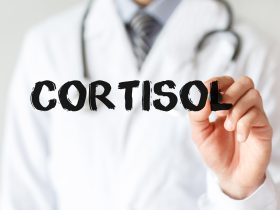A recent study conducted by a research institution in Sweden found that individuals who have been diagnosed with herpes may be at twice the risk of developing dementia than those who have not.
This study, published in the Journal of Alzheimer’s Disease, tracked a large number of participants aged 70 for a period of 15 years, and it corroborated previous research findings linking the herpes virus with dementia.
Herpes is caused by the herpes simplex virus (HSV), which has two types. HSV-1 typically causes oral herpes, while HSV-2 is associated with genital herpes and is typically transmitted sexually. According to a report from a health organization, approximately 572,000 people are affected by HSV-2 infections annually.
Dementia is an umbrella term for cognitive decline disorders, including Alzheimer’s disease and vascular dementia. While it is often linked with aging, it is not a natural part of the aging process.
A Ph.D. student and lead author of the study at the research institution noted that while the research supports previous knowledge regarding the link between dementia and herpes, the exact causative mechanisms remain unclear.
The researcher emphasized the need for further investigation into the association, especially in different social and ethnic groups. She also highlighted the importance of examining the potential effects of herpes drugs on dementia risk through pharmaceutical drug studies.
The Prevalence of Herpes and Dementia
According to the World Health Organization (WHO), more than 55 million individuals worldwide currently have dementia, with approximately 10 million new diagnoses each year. By 2030, it’s projected that the number of individuals with dementia will reach 78 million.
Herpes simplex virus (HSV) infections are also quite common. The WHO reports that about 67% of individuals under the age of 50 globally have an HSV-1 infection, and 13% under 50 have an HSV-2 infection.
However, the majority of individuals with HSV-2 may not be aware of their infection, as approximately 87.4% of individuals between the ages of 14 and 49 with genital herpes have not received a clinical diagnosis.
In Sweden, up to 80% of the adult population may have been exposed to HSV-1 at some point, and similar statistics are observed in the United States, where 57% to 80% of adults are affected by oral herpes.
HSV infections typically manifest as sores or blisters in or around the mouth or genitals, accompanied by other symptoms. While there is no cure for herpes, treatment can assist in managing symptoms and reducing the likelihood of recurrent outbreaks and transmission to sexual partners.
The Connection Between Herpes and Dementia
The primary factor contributing to the association between herpes simplex virus (HSV) and dementia is believed to be HSV-1, which is commonly associated with oral herpes. However, both HSV-1 and HSV-2 can infect either the oral or genital region, which can complicate the study of their association with dementia.
A comment on the study’s findings highlighted the challenge in proving causality due to the difficulty in controlling all potential confounders traditionally associated with dementia.
These confounders include conditions like diabetes, hypertension, history of stroke or myocardial infarction, which can vary significantly between individuals with or without HSV exposure.
The study also did not find an association between treatment for HSV and dementia, which is interesting.
It is suggested that further research could benefit from a well-matched study, where one group is matched on nearly all possible confounders for dementia with another group with similar risk factors, but differing in their HSV IgG status. Such a study could provide clearer evidence regarding the link between HSV and dementia.
Should a Herpes Diagnosis Worry You?
Being diagnosed with herpes virus can be beneficial as indicated by previous research. It is suggested that herpesvirus drug use may be associated with a reduced risk of dementia in symptomatic herpes simplex carriers, although there are no pharmaceutical trials to confirm this.
Therefore, individuals with herpes simplex should rely on advice aimed at the general population, focusing on lifestyle factors and cardiovascular health.
The high prevalence of HSV-1 and HSV-2, up to 80%, in the population means that traditional risk factors for strokes, which can induce dementia, are crucial.
Factors such as diabetes, hypertension, and smoking need to be controlled to reduce the individual risk of dementia.
Given the high prevalence of herpes virus infections, particularly among young people, it is suggested not to be overly concerned about the study’s findings.
It’s essential to focus on managing lifestyle factors and overall health to mitigate the risk of developing dementia.















Find Us on Socials